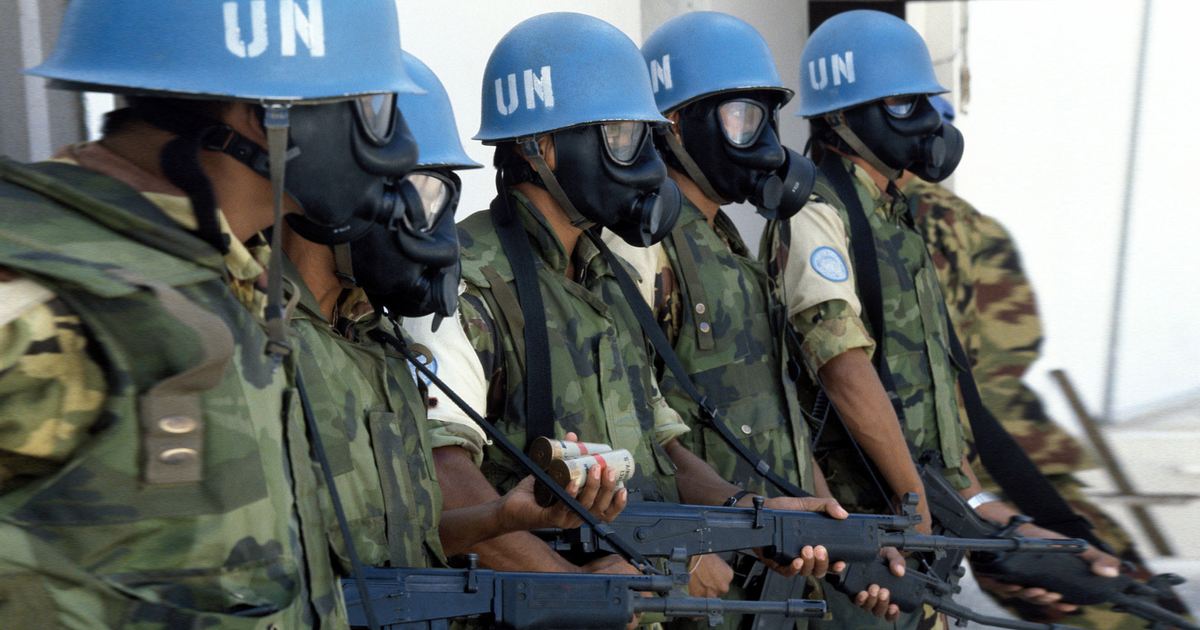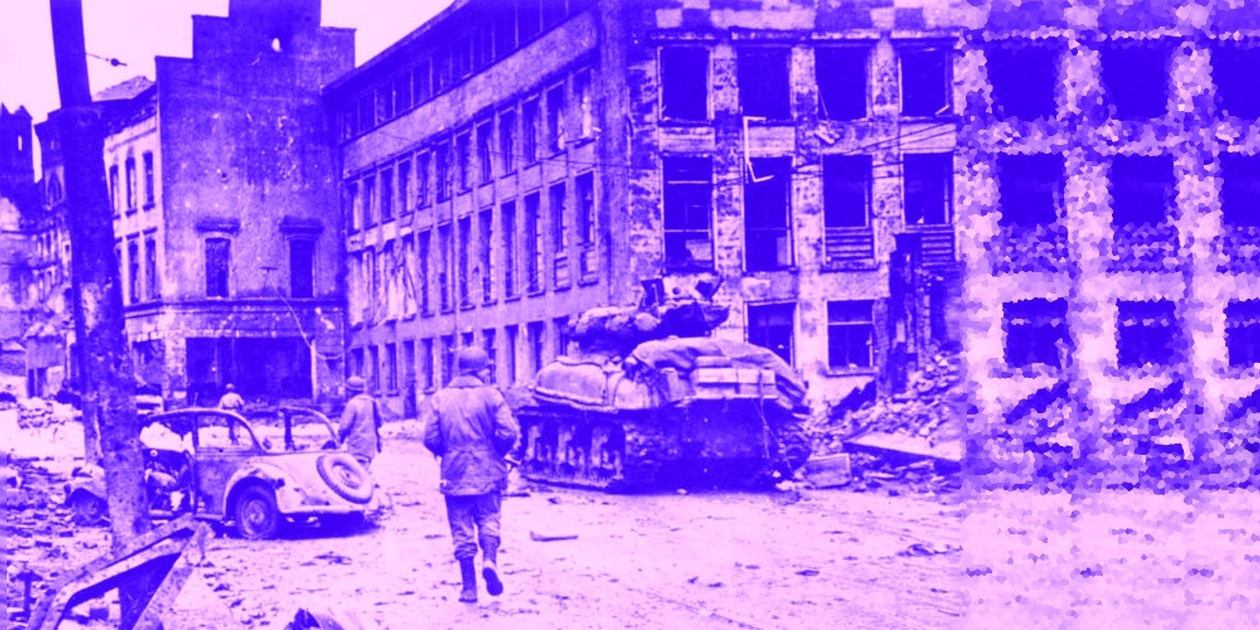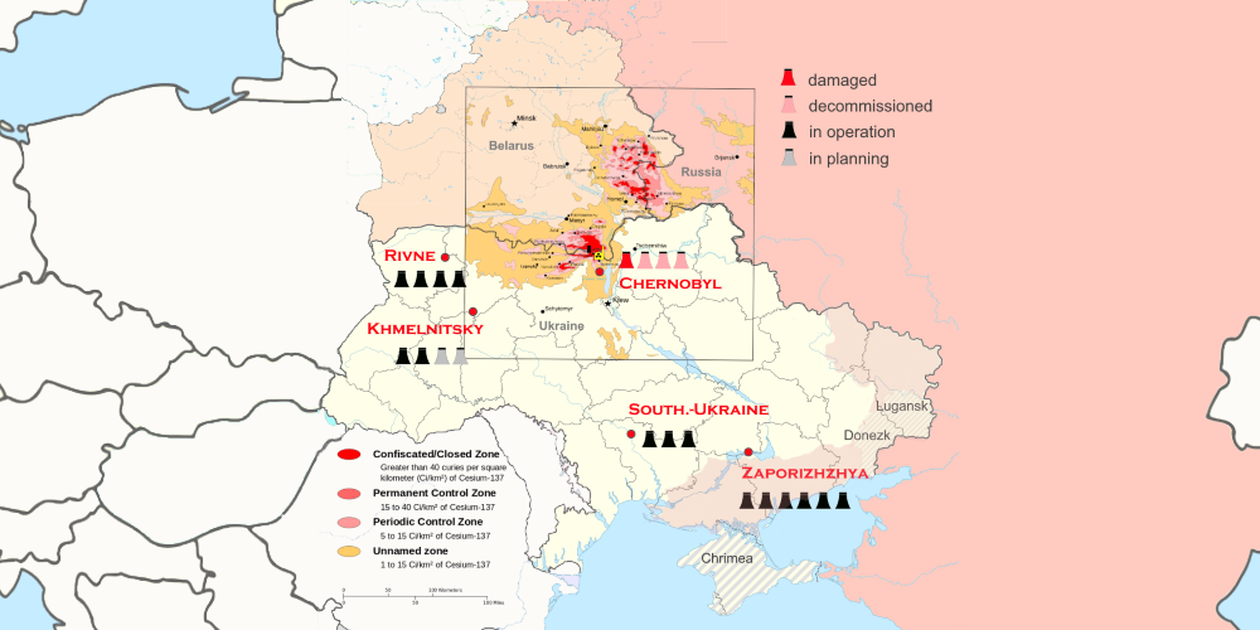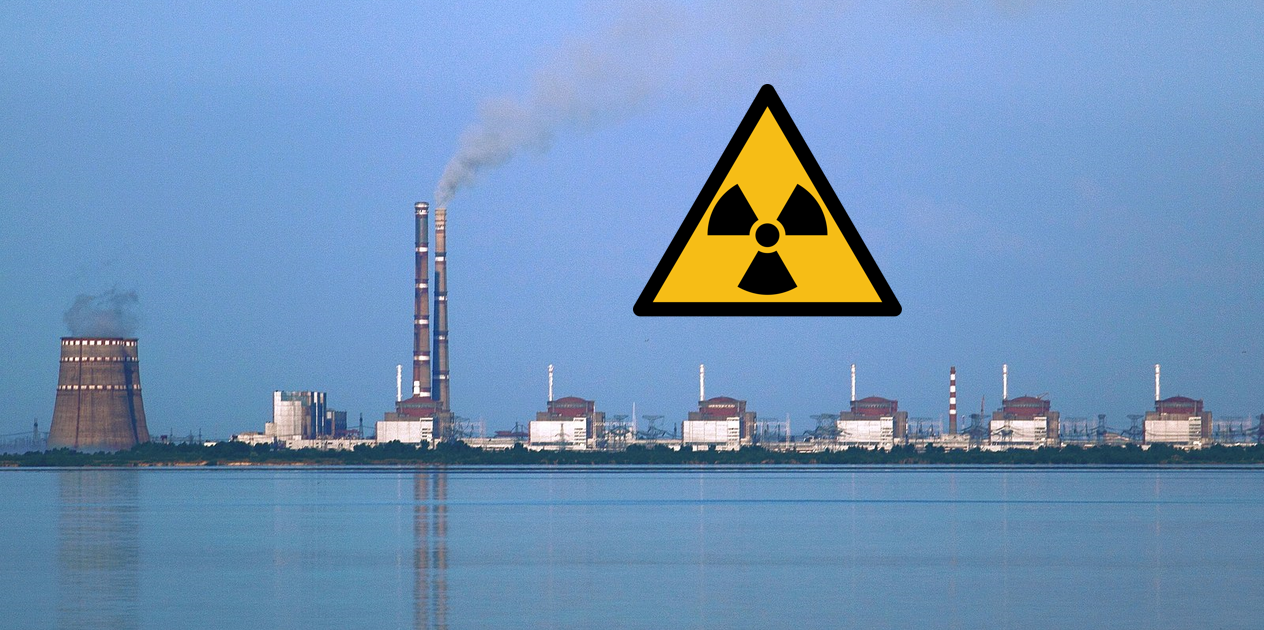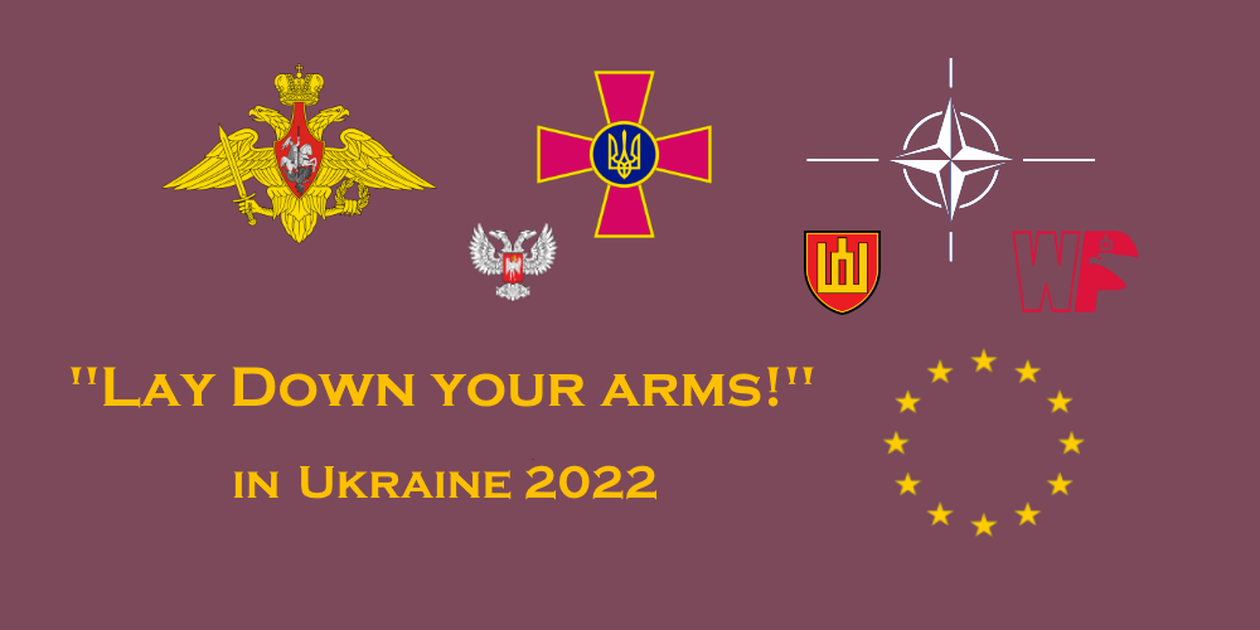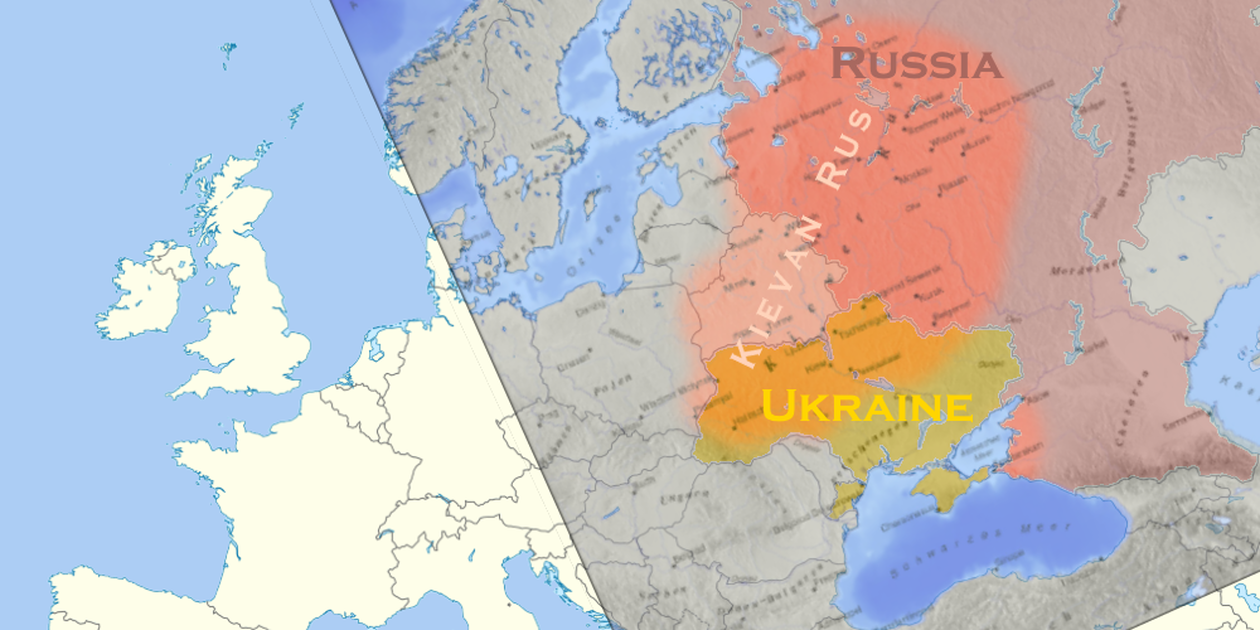
Volume 6, 2022/8, Sept 1, 28 pages ♦ pdf format
Sabine Riedel
The Ukraine War in the Context of European Policy and Transatlantic Interests

CONTENT:
The 28 pages include: Analysis, summary, 12 figures and excerpts, 230 references (linked).
The motto of 1 September in Germany is “Never again war!” This day of remembrance for the victims of both world wars goes back to the Austrian Bertha von Suttner. 133 years ago, she wrote her autobiography ” Lay down Your Arms!”, which became one of the most successful books of the worldwide peace movement. Because of her initiatives for the First Hague Peace Conference (1899), for disarmament negotiations and international arbitration courts, she was the first woman to receive the Nobel Peace Prize in 1905. Her legacy includes the recognition that no end justifies the means of war. This is all the more true today, when biological and nuclear weapons threaten the existence of the entire human race.
The media of Western democracies fail as a “fourth estate” when they explain the Ukraine war solely with a Russian foreign policy designed for expansion under President Putin. It has a manipulative effect to present Ukraine only as a victim of Russian aggression without asking about its shared responsibility. Even more important is the scientific analysis that sheds light on the backgrounds, contexts and interests of the parties to the conflict. Only then can outsiders competently decide who deserves their solidarity in this war and to what conditions these are to be linked in favour of a peaceful solution.
One conclusion is that only more realism in international politics can end this war. The idealistic approach has exhausted itself because it justifies a defensive war that cannot be won militarily. In addition, the Ukrainian government has shifted its war objective towards the reconquest of Crimea, which is why the situation at the Zaporizhzhya NPP threatens to trigger a nuclear catastrophe. Also, according to EU reports, Ukraine is an oligarchic, not a democratic, system that was economically on the brink of collapse even before the war began.
The rapid accession to the EU demanded by Kiev is therefore completely illusory. Since 2021, Ukraine has been threatening NATO with nuclear rearmament if it cannot join the Western military alliance. With its independence in 1991, it became the third largest nuclear power in the world until it renounced its nuclear weapons in 1994 and joined the Nuclear Non-Proliferation Treaty.
Russia’s threat perception that Kiev, with the support of NATO and the EU, is researching nuclear weapons as well as biological weapons, could have a real core and prove to be the trigger of the Ukraine war. In this phase of the war, neutral inspectors are therefore needed to return the conflict to the factual level and thus point out solutions. Everyone must have an interest in this, the warring parties themselves as well as their supporting states.
“What pictures of horror out of all the battles on earth […] were brought before us tender maidens […]; and of course through this heaping up and repetition of the horrors the perception that they were horrors becomes blunted, everything which belongs to the category of war conies no longer to be regarded from the point of view of humanity, and receives a perfectly peculiar mystico-historico-political conse-cration.
War must be – it is the source of the highest dignities and honours – that the girls see very well […]. And thus originate the Spartan mothers, and the “mothers ol the colours, […].” In: Lay down your arms! The Autobiography of Martha von Tilling by Bertha von Suttner, authorised translation by T. Holmes, 2. Ed., New York 1908, p. 4.
Energy policy shows that Germany’s national interests differ from those of other states and EU institutions. Without an assessment of its own positions, the Federal Republic can neither be economically productive and innovative nor can it cooperate effectively with other states.
When MPs of the German Bundestag, wisely anticipating possible emergencies in the winter of 2022, propose opening the newly built Nord Stream 2 gas pipeline, these voices should be heard (berliner-zeitung, 19.8.2022, bundestag.de, 7.7.2022). Their proposal to correct the confrontational course against Russia and instead seek a balance of interests follows the approach of realism in international politics.
This approach is not only advocated by US political scientists such as John Mearsheimer (see above), but is also supported by our own experience. In 1972, exactly 50 years ago, the German government signed the treaties with Eastern Europe in the midst of the Cold War, which marked a turning point in history (bpb.de, 17.5.2022). The Warsaw and Moscow Treaties set the stage for a rapprochement between the opponents of the system at the time, the USA and the Soviet Union, who had deployed their nuclear weapons in the two German states.
Without this first step, neither the CSCE process (Conference on Security and Cooperation in Europe) in 1975 nor the following disarmament treaties would have come into beeing (focus.de, 10.9.2015). The natural gas pipe deal between West Germany and the USSR paved the way for Germany’s new Ostpolitik, offering a peace policy alternative to NATO’s sanctions policy [S. 19]
